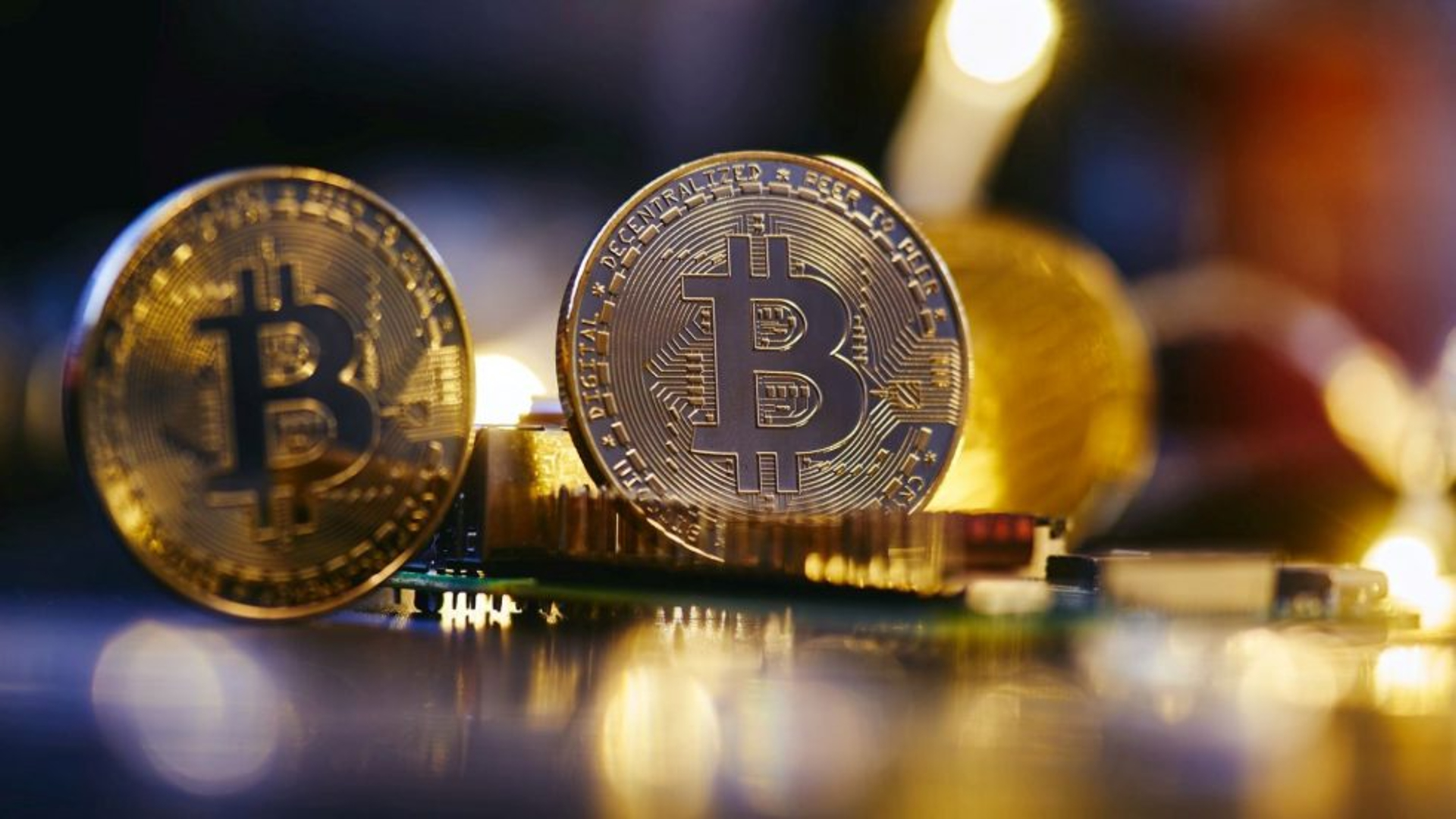Category:Cryptocurrency


What makes Bitcoin such a revolutionary concept?
January 3, 2024 | Post
In the 15 years since the Genesis Block, the first set of 50 BTCs, was mined in January 2009, Bitcoin’s profile and impact on the global economy has increased exponentially. Hundreds of millions of people around the world have begun to recognize the merits of the truly revolutionary concept of a decentralized peer-to-peer currency.

The elite v. the people: Nigeria’s “cashless experiment”
December 14, 2023 | Post
A cashless society: the International Monetary Fund (IMF) calls it the future of money. The World Economic Forum (WEF) was enthusiastic about the concept way before it was cool. In the United States, the usual suspects such as the Brookings Institute and the New York Times ask our leaders to have the boldness and courage to follow this new path.

If you care about liberty, beware of CBDCs
December 11, 2023 | Post
In recent years, the concept of Central Bank Digital Currencies (CBDCs) has gained increasing traction across the globe, with proponents lauding the potential benefits of a digitized monetary system.
However, when we explore the real-life implications of CBDCs, it becomes increasingly clear that the rush toward digital currencies controlled by central banks poses a significant threat to individual liberty.

A history of money and the gold standard
July 28, 2023 | Post
The history of money is a story of human ingenuity and economic evolution. From the early days of bartering to the unfortunate establishment of fiat currency to a future rippling with potential thanks to cryptocurrencies, the concept of money has endured a wild ride.

Don’t believe the hype, Bitcoin is not anti-environment
January 4, 2023 | Post
Bitcoin, an innovative, decentralized digital currency, faces significant criticism over its perceived negative environmental impact. However, it is no enemy of the environment. Here’s how it can be part of the future of clean energy…

Hayek Predicted Bitcoin
January 18, 2022 | Video
Here in Episode 4 of our series on Blockchain Economics, Lawrence H. White, Professor of Economics at George Mason University, will walk you through Hayek’s elegantly simple proposal: make private individuals and businesses free to offer their own money to compete with that of the government.

Bitcoin is not a threat to Climate Change
January 11, 2022 | Video
Bitcoin is a serious and direct threat to governments’ power to control and print money. So, politicians and bureaucrats are building Bitcoin into the ultimate boogeyman. It “puts the financial system at the whims of some shadowy group of super-coders,” said Senator Elizabeth Warren. Then there’s the narrative — pushed by British newspaper The Guardian […]

Blockchain Smart Contracts, Explained
September 16, 2021 | Video
Smart Contracts are an important part of blockchain technology. In this video, we will explain what do we mean by contracts and how they can be complete and incomplete, and why the blockchain is a fantastic technology to accomplish reduction of transaction costs.

3 Ways Governments Can Regulate Bitcoin
September 9, 2021 | Video
Bitcoin and other crypto have put a lot of pressure on governments. They just can’t ignore it anymore. Some have tried really hard to control it (like China), others have embraced it completely, like El Salvador, which just legalized bitcoin as legal tender. In this video, we explore examples of obstacles some countries put on […]

How Is An Altcoin Created?
September 2, 2021 | Video
In 2021, Bitcoin hit the impressive mark of $1 trillion in market cap, and all cryptocurrencies nowadays sum over $2.3 trillion. This is an amazing accomplishment over a decade. But why do we need cryptocurrencies? What are altcoins?
In this video, part of the Blockchain Economics course of SFL Academy, we explain some of the most used cryptos and why so many more are being created every day.

